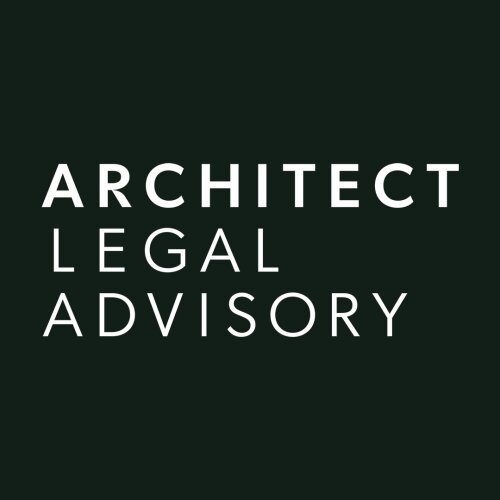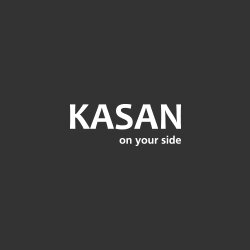Best Information Technology Lawyers in South Korea
Share your needs with us, get contacted by law firms.
Free. Takes 2 min.
Or refine your search by selecting a city:
List of the best lawyers in South Korea
About Information Technology Law in South Korea
Information Technology (IT) plays a crucial role in South Korea's economy, with a strong focus on digital innovation and technology-driven industries. As a result, there are specific laws and regulations in place to govern IT activities and protect the interests of individuals and businesses operating in this sector.
Why You May Need a Lawyer
There are various situations where individuals or businesses may require legal assistance in the field of Information Technology in South Korea. Some common reasons include data privacy issues, intellectual property rights violations, contract disputes, cybersecurity concerns, and regulatory compliance challenges.
Local Laws Overview
In South Korea, the key laws that govern Information Technology include the Act on Promotion of Information and Communications Network Utilization and Information Protection, the Personal Information Protection Act, the Copyright Act, and the Act on the Protection of Personal Information in Credit Information.
Frequently Asked Questions
1. What are the key regulations governing data privacy in South Korea?
The Personal Information Protection Act sets out the framework for data protection in South Korea, including requirements for collecting, processing, and storing personal information.
2. How can I protect my intellectual property rights in South Korea?
Registering your intellectual property rights, such as patents, trademarks, and copyrights, with the relevant authorities in South Korea is essential to protect your inventions and creations.
3. What should I do if my company experiences a cybersecurity breach?
In the event of a cybersecurity breach, it is crucial to notify the authorities, conduct a thorough investigation, and take immediate steps to mitigate the impact on your business and customers.
4. Are there specific regulations for e-commerce businesses in South Korea?
Yes, the Act on Consumer Protection in Electronic Commerce sets out the legal requirements for operating e-commerce businesses in South Korea, including consumer rights, disclosure obligations, and dispute resolution mechanisms.
5. How can I ensure compliance with data protection laws when transferring data internationally?
It is important to obtain consent from individuals before transferring their personal data internationally and to comply with the requirements of the Personal Information Protection Act when processing such data.
6. Can I use open-source software for my business in South Korea?
Yes, you can use open-source software for your business in South Korea, but it is crucial to comply with the licensing terms and obligations specified in the relevant open-source licenses.
7. What rights do consumers have when purchasing digital goods or services in South Korea?
Consumers in South Korea have the right to cancel digital purchases within a certain timeframe and to receive a refund if the digital goods or services are defective or not as described.
8. How are electronic signatures regulated in South Korea?
Electronic signatures are legally recognized in South Korea under the Electronic Signature Act, which sets out the requirements for creating and verifying electronic signatures in digital transactions.
9. What should I do if my company is accused of infringing someone else's intellectual property rights?
If your company is accused of infringing someone else's intellectual property rights, it is essential to seek legal advice promptly, respond to the allegations appropriately, and consider possible defenses or settlement options.
10. Are there specific regulations for online advertising and marketing in South Korea?
Yes, online advertising and marketing activities in South Korea are subject to regulations under the Fair Labeling and Advertising Act, which prohibits false or misleading advertising practices and requires transparency in marketing communications.
Additional Resources
For more information on Information Technology laws and regulations in South Korea, you can visit the website of the Korea Communications Commission (KCC) or consult with legal professionals specializing in IT law.
Next Steps
If you require legal assistance in the field of Information Technology in South Korea, it is advisable to contact a qualified lawyer with experience in IT law to discuss your specific concerns and explore potential solutions to address your legal needs effectively.
Lawzana helps you find the best lawyers and law firms in South Korea through a curated and pre-screened list of qualified legal professionals. Our platform offers rankings and detailed profiles of attorneys and law firms, allowing you to compare based on practice areas, including Information Technology, experience, and client feedback.
Each profile includes a description of the firm's areas of practice, client reviews, team members and partners, year of establishment, spoken languages, office locations, contact information, social media presence, and any published articles or resources. Most firms on our platform speak English and are experienced in both local and international legal matters.
Get a quote from top-rated law firms in South Korea — quickly, securely, and without unnecessary hassle.
Disclaimer:
The information provided on this page is for general informational purposes only and does not constitute legal advice. While we strive to ensure the accuracy and relevance of the content, legal information may change over time, and interpretations of the law can vary. You should always consult with a qualified legal professional for advice specific to your situation.
We disclaim all liability for actions taken or not taken based on the content of this page. If you believe any information is incorrect or outdated, please contact us, and we will review and update it where appropriate.
Browse information technology law firms by city in South Korea
Refine your search by selecting a city.














